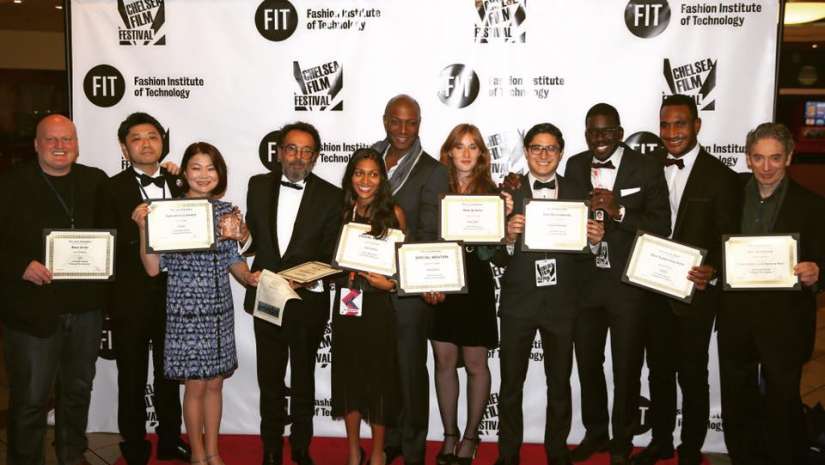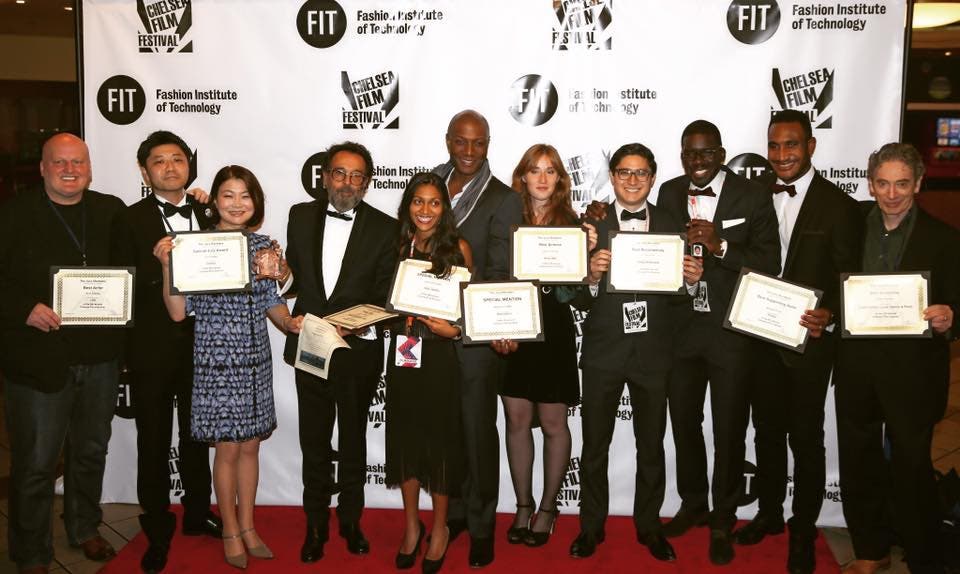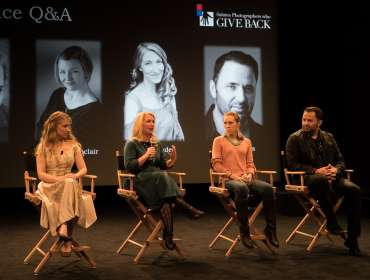Ninety films made the cut to be featured at the Chelsea Film Festival (CFF) last month, but only a select few were winners. For an emerging filmmaker, being accepted into the festival is an honor, but winning an award and recognition from the top industry professionals that judged the films is a career-boosting privilege.
Any project, large or small, faces challenges. Every filmmaker, whether a seasoned industry professional or an up-and-coming artist, started somewhere. There is always that first step into uncharted territory that one takes on the journey to create art.
So how did these winners do it and what lessons can we learn from them? Vision, commitment, faith and perseverance are the keys to success in the world of movie-making.
I sat down with the producers of two winning films to discuss their paths, and here are their biggest tips.
Have a clear vision
Harry Roselmack’s first film, “Fractures”, won Special Mention at CFF, one of only seven feature-length films to be recognized with an award. It is a story about Fariha, an escort who suffered from a difficult childhood, and Youssouf, a young man who has converted to radical Islam. Their worlds collide when they find themselves at the same party.
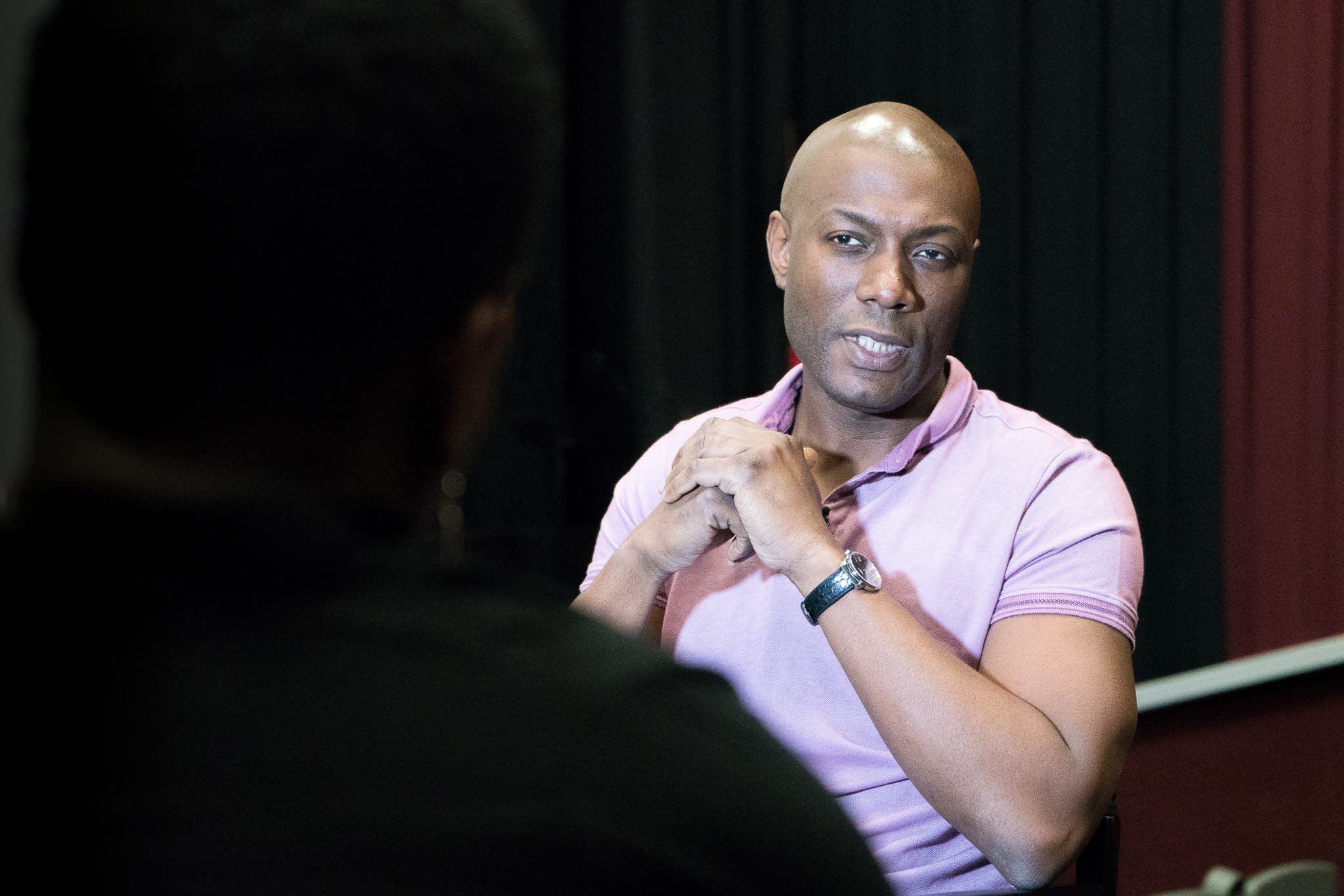
Roselmack has been a storyteller most of his life, with over 20 years in television as an anchor and journalist in France. His goal was to to tell a story where he wasn’t confined to a journalistic viewpoint. He wanted the freedom of writing and directing a fictional film that would send a strong message.
“It was a personal project. I made a film because I had a story to tell,” said Roselmack. “It began by writing the story. When I wrote it, it was so precise in my head. I had a clear vision of how it
should be shot.”
The main challenge for this writer and first-time filmmaker was translating the written word into the medium of film. A crew of about 150 helped, but what played a crucial role was having a clear visual story in mind and knowing exactly what needed to be said.
“My team—technicians and actors—had to trust me and my vision,” he said. Roselmack admits he knew less than many he hired to work on the film because it was his first time. But he had the vision. “Writing the story was natural and I had the vision so I knew precisely how to tell the story,” he stressed. The challenge was communicating that. “I had to translate it into technical language with my team,” he explained.
Passion behind the project
Most projects, especially large-scale ones take a team of people to make them happen, need to have a leader—one who has a clear vision and the ability to communicate it. One of the keys to success according to Roselmack, is believing in yourself in that role.
“Have faith—believe in the project deeply. If you are not sure and hesitate don’t do it, because you will fail and waste your time, your energy and your money,” Roselmack explained. “You have to really believe in it, and I think when you believe strongly in something it happens, because people feel it, they join you, they support you,” he added.
Plan, practice and learn every day
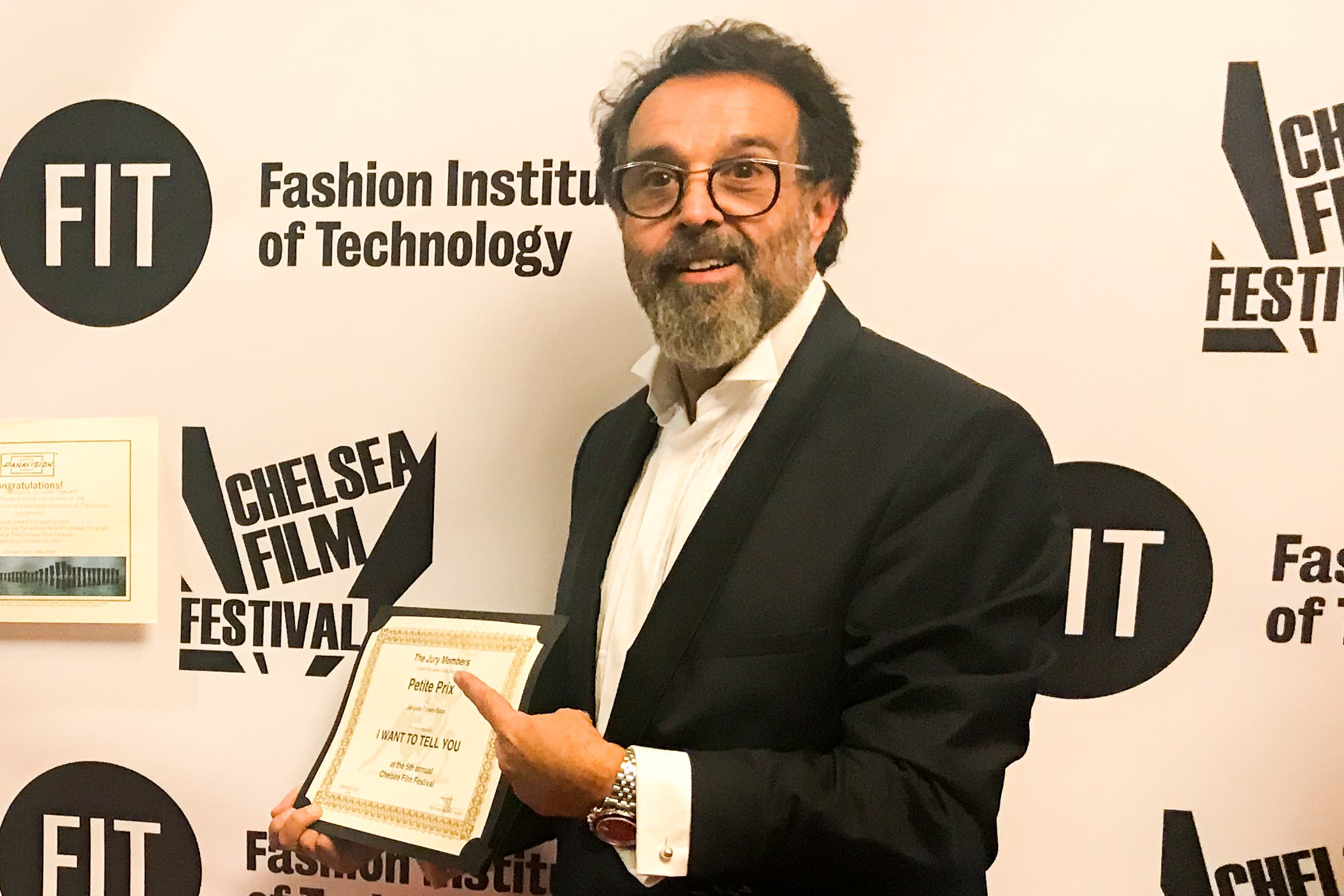
Jacques Samuel Cohen-Bacri was crowned the winner of the Petite Prix and awarded $5,000 from Panavision for a film titled I Wanted to Tell You.
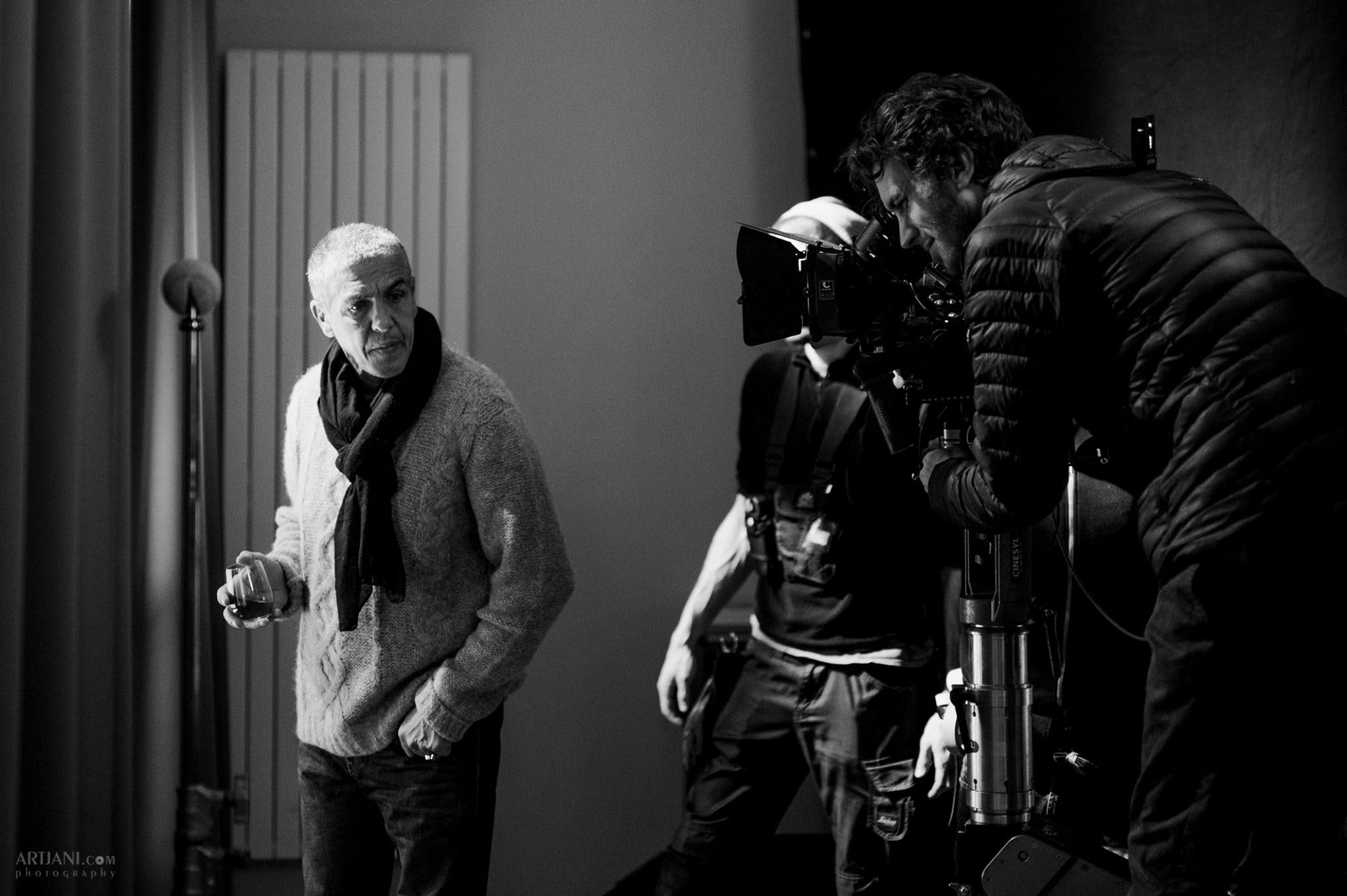
In this 15-minute short, a man and woman spend the night telling each other all the things they have been unable to say during their five years together. The film explores how lack of communication can affect relationships at a deep level.
Cohen-Bacri’s first steps to making the film also started with a clear vision for a story that came to him while he was riding the subway in Paris. The message of the film is “don’t wait to say what’s important to the people in your life,” he said. According to Cohen-Bacri one should “never wait for it to be too late.”
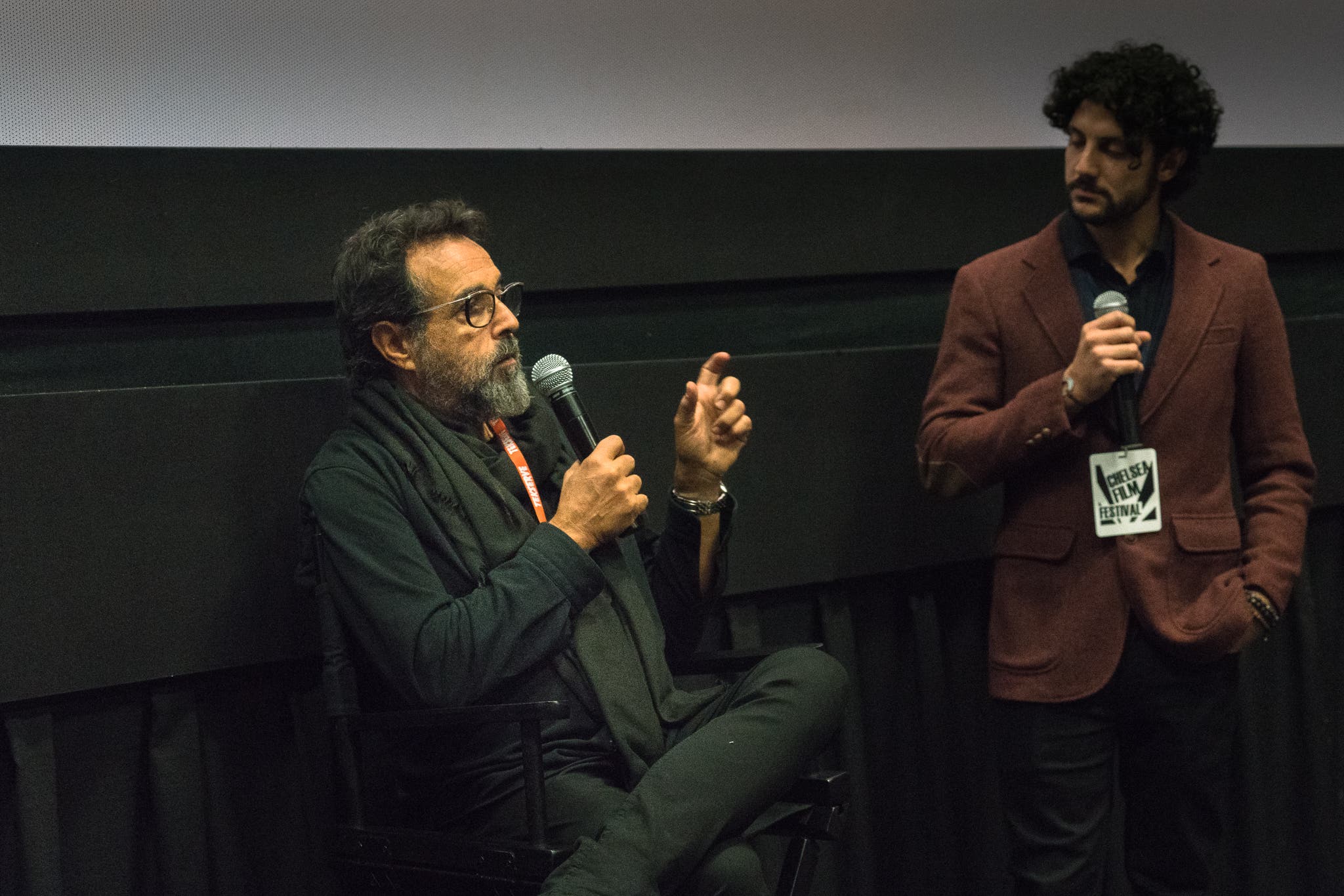
One of the keys to making this particular movie was meticulous pre-production planning. Cohen-Bacri was able to accomplish the shoot in just one day because everyone on set knew precisely what they were doing. The team had clear direction on what needed to be accomplished. He compares film-making to cooking the perfect meal. “You need the right ingredients, then master the recipe and add a personal touch.”
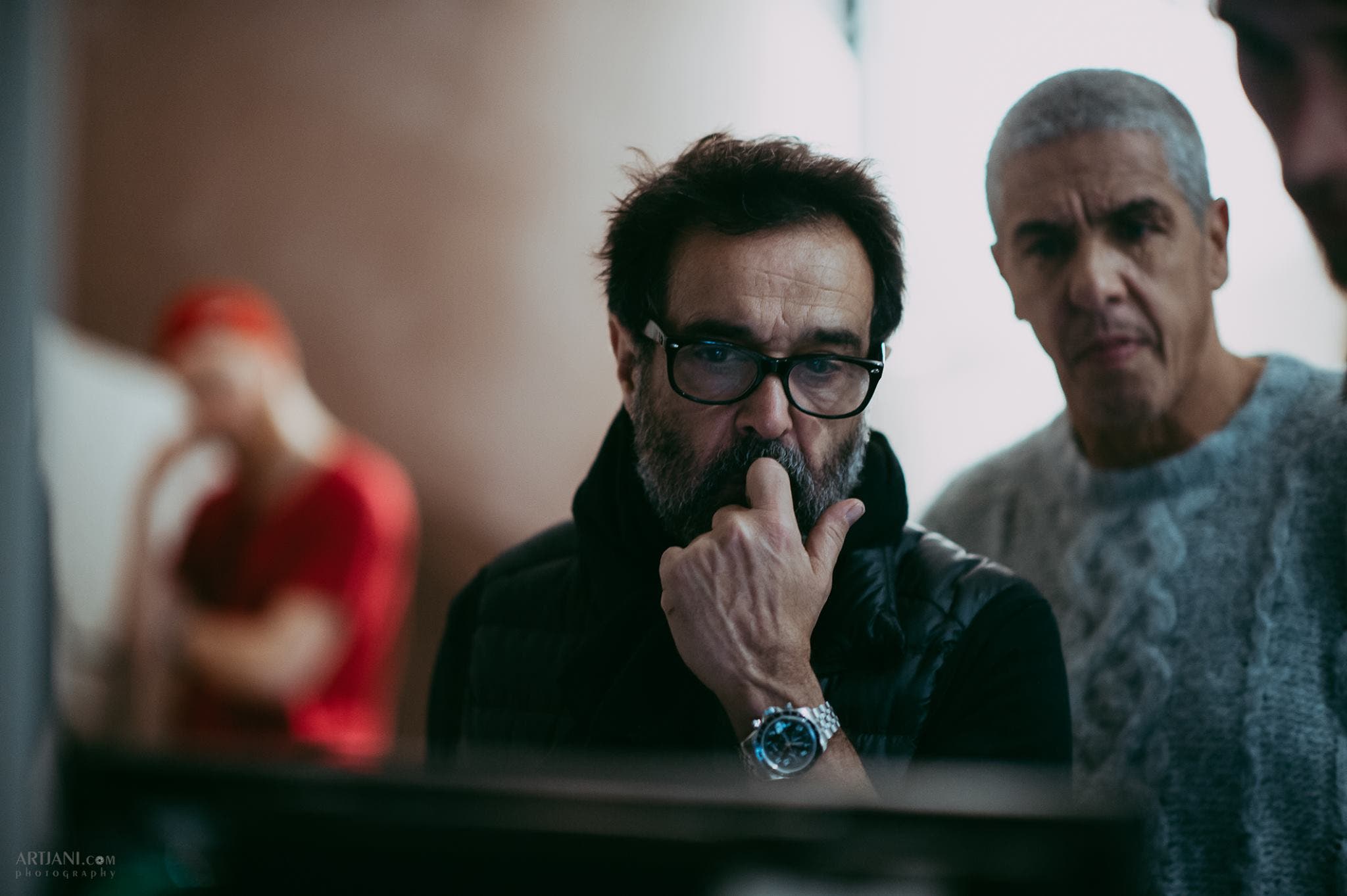
Even though he shot this film in one day, the learning process goes on. “To be a filmmaker you have to shoot and shoot and learn every day.” Practice makes perfect certainly applies here.
Everyone’s path is different, and each story is unique. Any artist—a director, write or photographer—needs to have a clear vision that they believe in to take the first step to calling “action” and getting their film made. Adapting and learning on the way are the keys to producing a winning film and avoiding having your efforts land on the cutting room floor.
